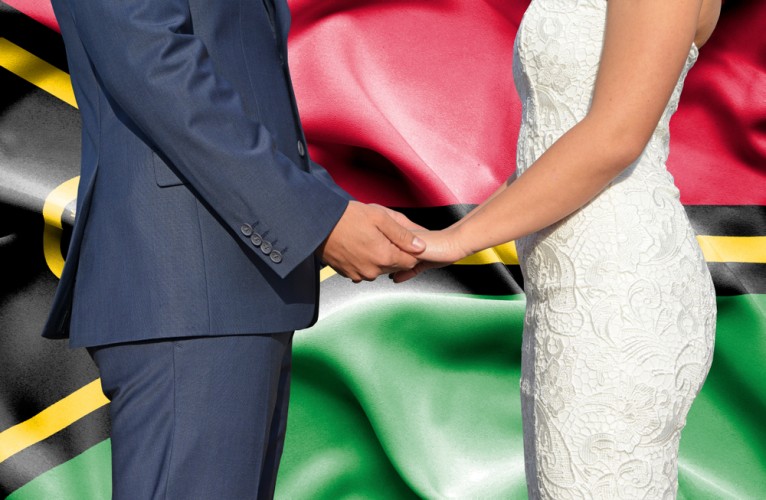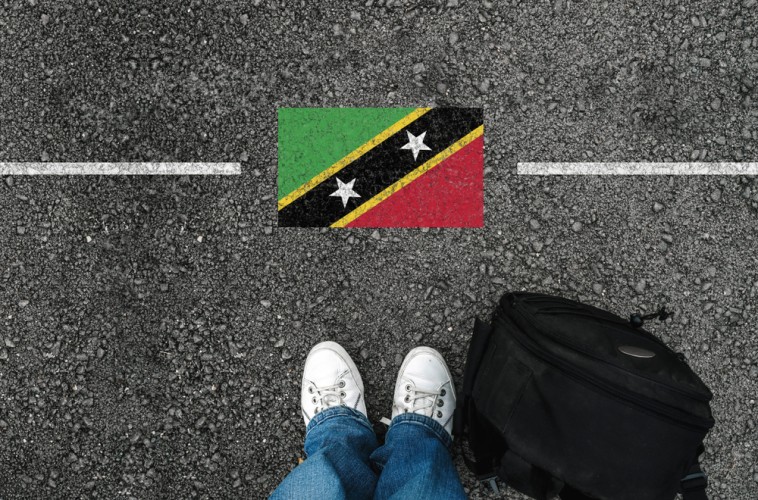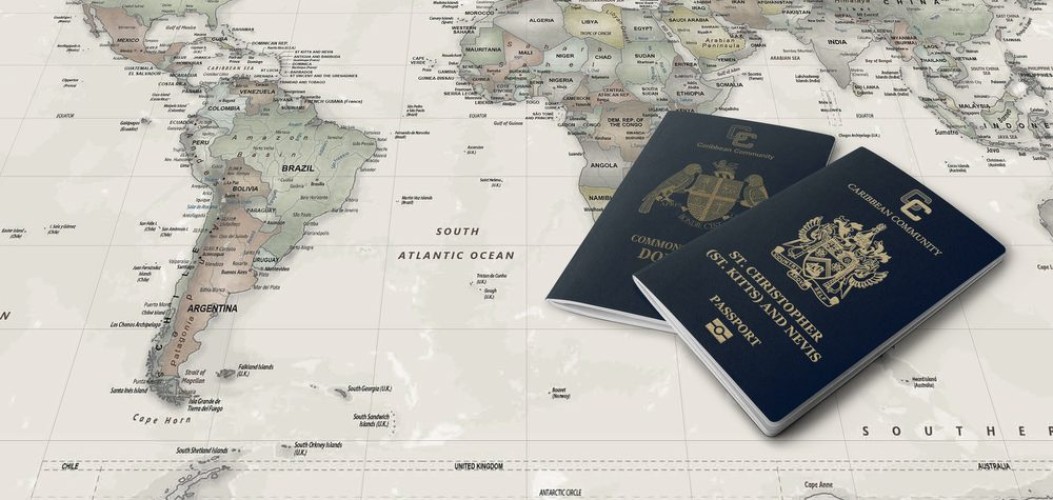Antigua and Barbuda is an island nation located in the Caribbean Sea. It is a member of the Commonwealth of Nations, a former British colony that gained independence in 1981.
It is a common misconception that by becoming a citizen of Antigua and Barbuda, you will also become a tax resident. To become a tax resident, you must have lived on the island for at least 183 days, have a registered address and participate in economic activity to qualify. If you are interested in becoming a citizen of Antigua and Barbuda through investment, speak to a qualified expert or read more about all the benefits of citizenship of Antigua and Barbuda.
The economy is largely based on tourism. Warm climate, snow-white beaches, diverse flora and fauna attract many holidaymakers from all over the world. In addition, the country is developing the sphere of financial services, ship repair and fishing.
Nation has a rich culture, formed under the influence of African, Caribbean, British and American traditions. Carnival parades, traditional handicrafts, style-punk and reggae music are popular here. The official language is English.
In April 2006, government of Antigua and Barbuda announced that they were abolishing personal income tax. This was made to attract professionals and companies to relocate to the island, attract retirees and attract foreign investment. In Antigua and Barbuda, taxes are minimized to attract investment, so you can be sure that the country will not raise them as it is the main source of the country’s economy besides tourism and fishing.
Antigua and Barbuda Tax System
Antigua and Barbuda’s 2016 tax reform eliminated income, capital gains and inheritance taxes for residents of Antigua and Barbuda. While Antigua and Barbuda residents are not taxed, non-residents must pay 25% of their income and are taxed on other income such as royalties. An additional 25% tax is levied on any income earned in the country itself. Antigua and Barbuda taxes are much lower if you are both a citizen of the country and registered as a tax resident.
Personal and corporate duties
Personal income duty rates fall into several categories: So, if you earn, for example, $50,000 per year, the taxation would be as follows:
The total duty in this case would be $10,250. Corporate duties in Nation also have their own peculiarities:
- The standard corporate duty rate is 25%.
- There are reduced rates or duty holidays for companies engaged in certain types of business, such as tourism or international services. For example, companies operating in the tourism sector may have profits taxed at 14%.
Nation offers various duty benefits to foreign investors through programmes such as reciprocal double taxation agreements, and special regimes for companies incorporated in free zones.
Duty Compliance, incentives, and treaties
Nation has no duty on personal income up to XCD 15,000, making the country attractive to those looking for ways to minimise their duty liability. This is especially true for high-income professionals and business people who can relocate to the country and take advantage of this incentive.
The duty on profits is 25 per cent. However, for certain types of businesses, such as hotels and restaurants, there may be a reduction in this rate or even a duty holiday for a certain period of time. Nation offers special conditions for international business companies registered in the country. They can benefit from low duty rates or full duty exemption under certain conditions.
The government actively supports foreign investment by offering duty incentives for new businesses. This may include reduced duty rates, exemption from local duties for a certain period of time and other financial incentives. Antigua and Barbuda has a double taxation treaty with the following countries:
- Barbados
- Belize
- Dominica
- Grenada
- Guyana
- Jamaica
- St. Kitts and Nevis
- St. Lucia
- Saint Vincent and the Grenadines
- Trinidad and Tobago
- Switzerland
- United Arab Emirates
- United Kingdom
Emigrants from the United States can receive a $120,000 tax credit on income earned in Antigua and Barbuda.
Nationality and duty implications
Nation nationality is one of the most sought-after second citizenships in the world. This Caribbean nation of two main islands offers a very attractive nationality programme for investors, which has a number of key advantages.
The second important advantage is the speed of obtaining nationality. The whole process takes only 3-4 months, which is one of the fastest among nationality-by-investment programmes in the world. This is especially important for those investors who are looking to obtain a second passport as soon as possible.
It is worth noting that in addition to financial and migration advantages, the nationality of Nation provides an opportunity to live on picturesque Caribbean islands with developed tourist infrastructure. This opens up additional prospects for investors who may consider this programme not only as a means of obtaining a second passport, but also as a tool for organising a comfortable lifestyle.
In general, the Nation nationality for investment programme is one of the most attractive on the global market. It combines affordable investment requirements, fast nationality terms, significant duty advantages and the opportunity to live on the picturesque Caribbean islands.
FAQ
The main types of duties in Nation are value added duty (VAT), income duty, corporate income duty, and other special duties and levies. VAT is levied at a rate of 15 per cent on most goods and services. Income duty for individuals ranges from 0% to 25% depending on the amount of income. Corporate income duty is 25%.
Foreign companies incorporated in Nation enjoy a favourable duty regime. They are exempt from corporate income duty, dividend duty, and duty on interest from foreign investments. In addition, there is no inheritance or gift duty in the country. This makes Nation an attractive duty haven for foreign businesses.
The Nation Revenue Service is responsible for the collection and administration of all major types of duties. Individuals and businesses calculate and file their own duty returns. The duty authorities conduct desk and field audits to ensure compliance with duty laws. In case of violations, fines and penalties are provided for.
Nation has various duty breaks and incentives to attract foreign investment. For example, companies registered in special economic zones are exempt from paying income duty for 20-25 years. In addition, the country offers a nationality for investment programme that allows you to obtain a Nation passport in exchange for investment.
Nation is actively entering into double taxation treaties with other countries. At the moment the country has such agreements with the UK, Sweden, Norway, Denmark and a number of other countries. In addition, Nation cooperates with international organisations in the area of duty information exchange and combating duty evasion.





